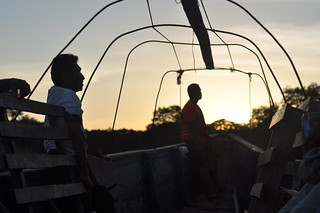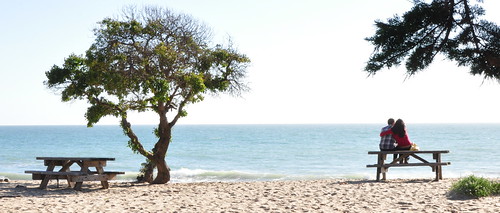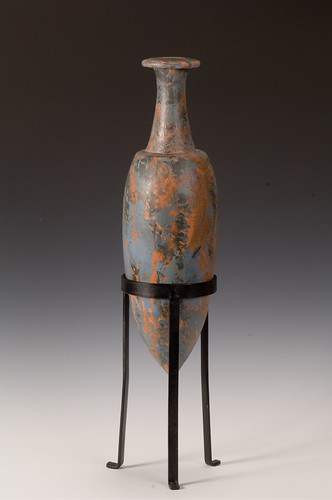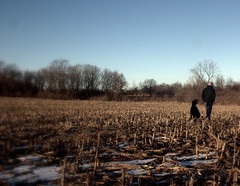Review of “Pink Smoke over the Vatican”
“Pink Smoke Over the Vatican” tells the story of the struggle for women to be ordained in the Roman Catholic Church. Through interviews and historical vignettes, it portrays the tragedy of deeply gifted women, called by the spirit, but rejected by their own leaders.
In watching the movie, it was tempting at times to distance myself from the Roman Catholic Church. After all, I’m Anabaptist, and we don’t believe in the church hierarchy or that priests are a necessary bridge to reach God. But I realized that the story of the men in this documentary is my story as a Christian man.
The most moving scene in the film is the ordination of women as priests by a woman bishop. The scene brought unexpected tears to my eyes. My mother experienced deep pain from the Mennonite church where I grew up. Her call to leadership as Sunday school superintendent led to some members leaving the church, and she felt abandoned by male leaders. The story of these women joyfully entering the priesthood is my mother’s story and it is my story.








